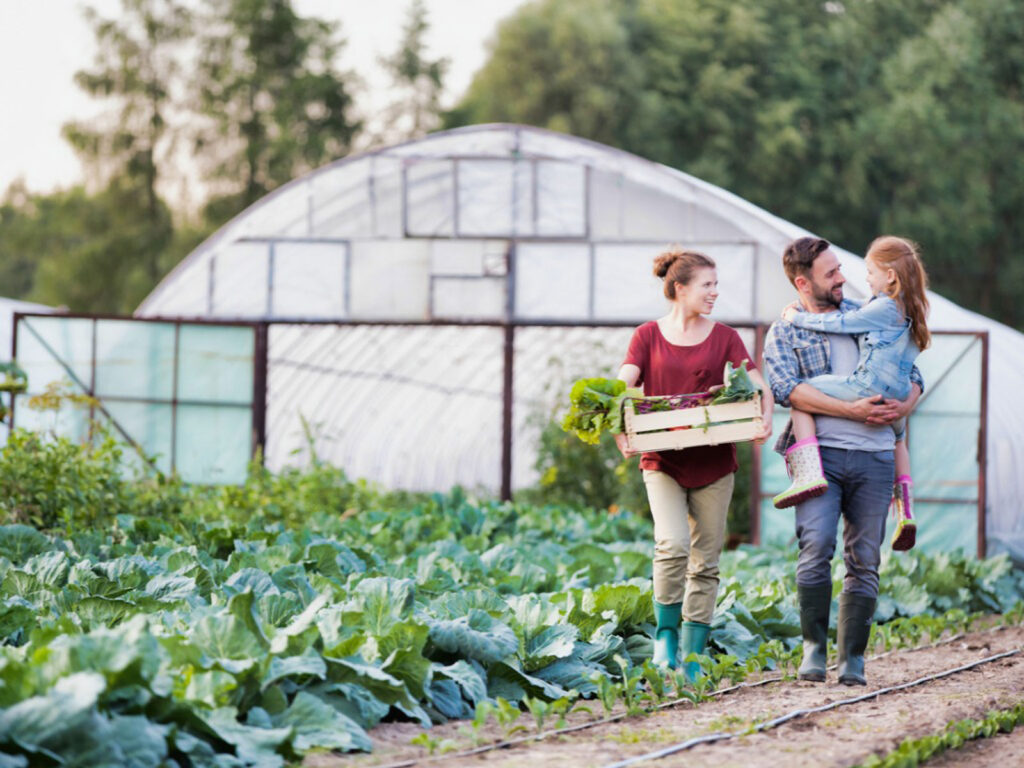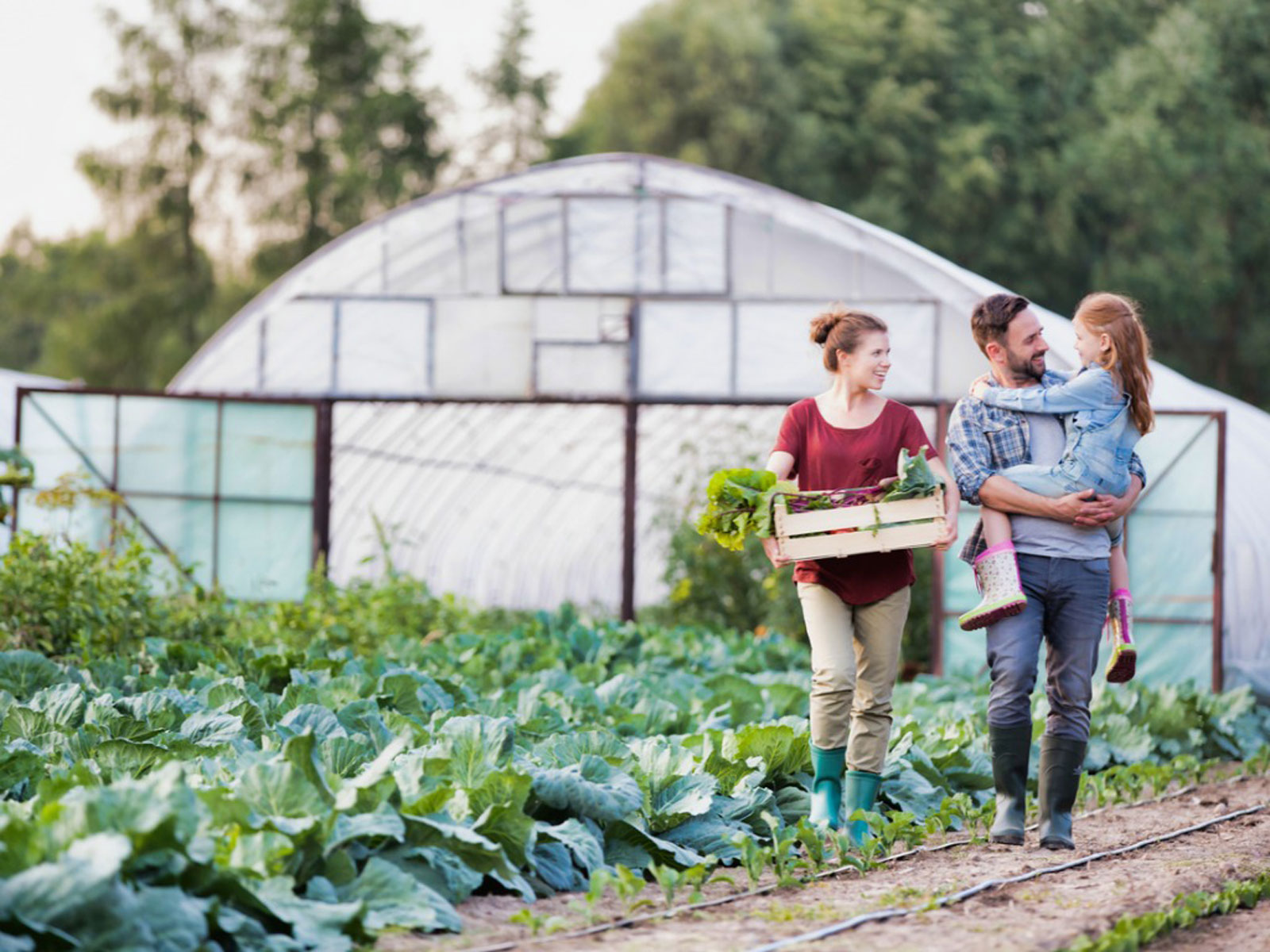Are you thinking about starting a small farm? Don’t jump into farming without giving the idea a lot of consideration. Creating a small backyard farm is a worthy goal and there are many benefits, but it’s a lot of hard work and it’s often romanticized. How to start a small farm? The following information may help you make a wise decision.

What is a Small Farm?
The definition is up for debate, but a small farm generally consists of less than ten acres. Work is mostly done by hand without expensive equipment or technology. Animals are small, such as chickens or goats. A backyard farm can support small food production, but crops such as wheat or barley, when grown on a large scale, are not well suited to small backyard farms.
Starting a Small Farm Isn’t Easy
Farming requires a lot of physical work in all sorts of weather. Crops must be tended and animals must be fed, no matter what. You’ll need to purchase your own health insurance. You won’t have paid days off, holidays, or vacations. You’ll need a working knowledge of finance, taxes, economic factors, and marketing as well as horticulture, animal husbandry, soil health, and how to cope with pests, diseases, and weeds. You may need to maintain or repair buildings, equipment, and tools. Breakdowns are common and can be expensive. Do you have funding, or will you need to take out a loan for starting a small farm? Will you be hiring employees?
How to Start a Small Farm
Here are some small farming tips to help get you started:
- Consider why you want to start a farm. Will a backyard farm be a hobby? Do you plan on providing food for you and your family, possibly drawing a little income on the side? Or do you want to go all-out with a full-time business?
- Learn about farming in your area. Visit your local university cooperative extension agent and ask for advice. Extension offices usually have a wealth of free information, including websites as well as pamphlets and brochures you can take home.
- Visit farms in your area. Ask for small farming tips and learn about the possible pitfalls. Call first; depending on the season, farmers may work from sunup to sundown and may not have time to stop and answer questions. Winter is the off-season for most farmers.
- Plan for failures. Do you have money to see you through the first few years, as new farms relatively don’t make a profit? Do you have enough to get you through any inevitable rough patches? Animals die or crops are killed by freezing weather, flood, drought, disease, or insects. Success is never guaranteed and managing risk is always part of the job.
- Start modestly. Consider starting on a part-time basis – raise a few chickens, begin with a beehive, or get a couple of goats. Try your hand at growing a garden, then sell the excess at a farmer’s market or roadside stand.

